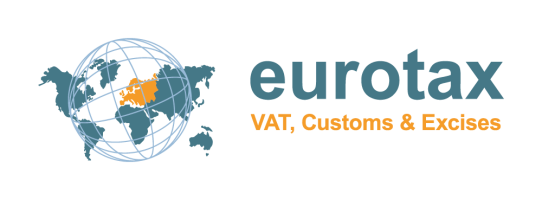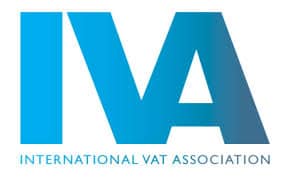The UK officially left the EU on January 31, 2020 and from January 1, 2021, it will cease to apply European standards. i.e. mid-November is considered the limit beyond which a possible trade agreement could not enter into force at the end of the transition period.
Negotiations are still ongoing for a level playing field which for the moment are blocked. European negotiator Michel Barnier is trying to find an agreement that respects the interests and values of the EU and its 27 member states. Since eventually on both sides of the Channel, negotiators still fail to agree on non-competition guarantees, nor on Europeans’ access to UK fishing waters.
What about the intra-community VAT system?
Brexit puts an end to the United Kingdom’s membership in the common VAT system and calls into question the free movement of workers, as well as European social protection.
By leaving the European Union, the United Kingdom loses the advantages of the common system of VAT, the free movement of persons including workers as well as European social protection.
French companies are encouraged by the government to anticipate the consequences of Brexit.
When a company now carries out operations within the European Union, it is not supposed to pay VAT in France. With Brexit, and from January 1, 2021, this intra-community tax advantage will no longer work with the UK.
Until 12/31/2020, when a French company that carries out expenditure transactions with English VAT, must submit its English VAT credit refund requests via the impots.gouv.fr portal
New costs for businesses?
The terms of English VAT refund for French companies established in the United Kingdom via a branch or a subsidiary will be longer with a heavier formalism. We must therefore prepare for cash flow friction.
Because It is very likely that companies must go to the British authorities with a risk of having to register in the UK, which will inevitably generate additional costs and delays for the company.
Another change, this time concerns imports and exports between the European Union and the United Kingdom. These operations will require tomorrow the filing of specific declarations with the customs administrations. Depending on the customs strategies adopted by companies, companies may advance import VAT on goods originating from the United Kingdom while paying customs duties, where they were using reversal of VAT liability. Once again this will put pressure on their cash flow.
Posted workers and double contributions?
Today the posting of workers laws concern EU member states, after the transitional period the posting laws will no longer apply in the UK. This will require posted employees to also contribute in this country in addition to their social contributions in their country of origin, unless the European countries decide to agree on a text that would make the posting of employees possible from the EU to the UK. This double contribution will generate a higher salary cost in some cases.
Eurotax keeps you up to date with the latest Brexit news, do not hesitate to contact us to help you prepare your business for the Post Brexit changes.






















